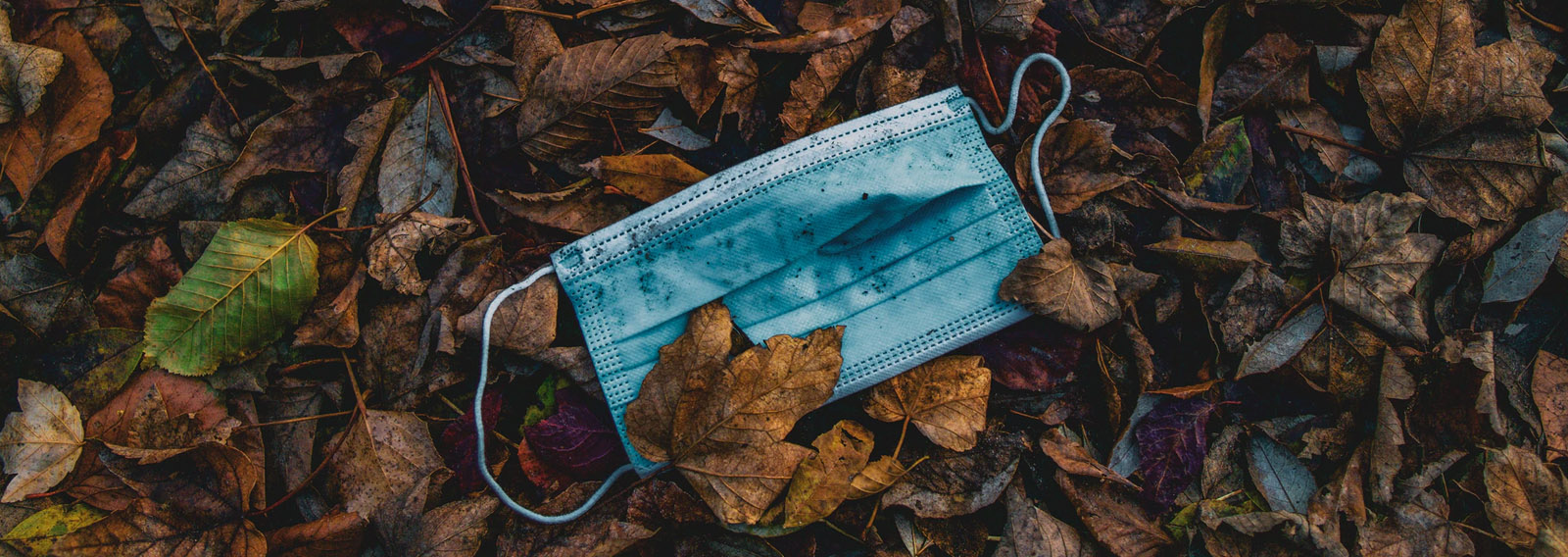“Jesus said to love your neighbour, so why would you support selfish personal freedom at the expense of someone’s life during this pandemic.”
Over the past few months, that or a similar miniature sermon has been delivered by many a woke Christian who just love to be at one with the in-crowd, and I have to tell you it’s beginning to grate.
Not because it’s a different opinion. But because it’s an attempt to frame the conflict between supporters of ongoing restrictions and supporters of restoring freedom as one of “the righteous” versus “the selfish”.
In reality, it’s the opposite.
The framing of this conflict in such terms neglects the fact that people who are fighting for a restoration of freedom aren’t just doing it for themselves but are doing it for all of society, including those who want to remain locked down.
For their efforts, these freedom fighters are being fined, arrested, beaten, ridiculed and demonised by police, politicians, health bureaucrats, the media, the Twitterati and even the general public.
Does that sound like the kind of rewards a selfish person would seek out? Or does it sound like they are supporting a cause that they truly believe, in spite of the harm that could befall them for doing so?
The cause, for many, is not just an end to pandemic lockdowns and restrictions and a restoration of freedom, but an end to conditions that have seen a surge in suicides and attempted suicides, depression and other mental health issues, loneliness and isolation and alcoholism and substance abuse.
The cause, for many, is an end to conditions that have seen people put off medical appointments and check-ups leading to poor physical health and death; conditions that have seen childhood learning stunted because the schools are shut down, conditions that have seen businesses, jobs and livelihoods destroyed.
This cause doesn’t sound selfish at all.
To support a cause that’s aimed at ending such conditions that lead to all of those societal ills seems quite… Christian.
This is probably why more than 2,500 Christian pastors have signed a statement called the Ezekiel Declaration which, along with opposing discrimination against unvaccinated Australians, points out the “adverse effects of perpetual lockdowns” and expresses concern about “heavy-handed approaches that exceed people’s capacity to live a normal life.”
Echoing Proverbs 31:8-9, these pastors say that they are “compelled to speak out on behalf of struggling people, the needy, the destitute, those being harmed by such strong measures”.
The concerns of the pastors who signed the Ezekiel Declaration are borne out by several overseas studies on the impacts of lockdowns.
The study “Assessing Mandatory Stay-at-Home and Business Closure Effects on the Spread of COVID-19” was a survey of the effectiveness of lockdowns – which they called non-pharmaceutical interventions or NPIs – across 10 countries, from which researchers concluded that “we do not find significant benefits on case growth of more restrictive NPIs. Similar reductions in case growth may be achievable with less restrictive interventions.”
Another study by Dr Ari Joffe of the University of Alberta’s Health Ethics Centre resulted in the paper, “COVID-19: Rethinking the Lockdown Groupthink,” and concluded that “lockdowns cause severe adverse effects for many millions of people, disproportionately for those already disadvantaged among us.
The collateral damage included severe losses to current and future wellbeing from unemployment, poverty, food insecurity, interrupted preventive, diagnostic, and therapeutic healthcare, interrupted education, loneliness and deterioration of mental health, and intimate partner violence.”
For those who style the lockdown versus freedom debate as one of “righteousness” versus “selfishness”, it may be sobering to realise that this is what their righteousness cost so many others in our society.
The reality for many who consider themselves among “the righteous” is that their advocacy for lockdowns and restrictions is akin to one of those near-useless blue masks everyone is wearing these days, papering over the inconvenient fact that locking down protects not just others but also them from the virus that they fear so much.
These “righteous” ones want everyone to lock down to protect themselves and damn the consequences.
The fear they have may be irrational (given the virus has a 0.27% infection fatality rate as determined by epidemiologist Professor John Ioannidis last year) but they care not for the facts and just want everyone else to live in fear of the virus too.
An Australian Orthodox bishop recently reminded his faithful that despite the “great fear campaign that is being waged by the governments and the media”, Christians are meant to focus on the spiritual life and “not just on preserving our physical life in this sinful world”.
Some may say that similar arguments could be made against focusing on freedom at the expense of the spiritual life. But it is completely and utterly a biblical truism to say that Christ wanted us to be free.
The apostle Paul tells us just as he told the Galatians that we are to stand fast “in the liberty by which Christ has made us free, and do not be entangled again with a yoke of bondage.”
And yet we have made ourselves unfree, becoming entangled in the yoke of bondage that comes from fear of death, fear of a virus, fear from believing the mainstream media lies and, finally, fear that succumbs to a “benevolent” Big Brother who promises to keep us “safe” if we only do what we are told.
History is littered with the victims of such “benevolent” Big Brothers who demanded they be set above God in return for the safety and security they provided their people.
In his missive, the Orthodox Bishop I mentioned earlier reminded his church that “whether we get sick from the virus or not is up to God, and when and how we die is up to God, not determined by a virus” and that what we should be seeking is for “God to give us repentance, the ‘vaccine’ for eternity”. Amen.
We need to fear God, not the virus.
We need to come under the freedom of Christ and not the yoke of fear.
So, the next time you get a mini-sermon about “righteousness” versus “selfishness” from a woke Christian living in fear of the virus, tell them that – yes – at Luke 10:27, Jesus did indeed say to his disciples that we should love our neighbours as ourselves, but at Luke 16:15 he also admonished those who act righteous just to be with the in-crowd, but were secretly selfish and sinful: “You are those who justify yourselves before men, but God knows your hearts. For what is highly esteemed among men is an abomination in the sight of God.”
–
George Christensen is a Federal Member of Parliament and holds a postgraduate theology degree.





















